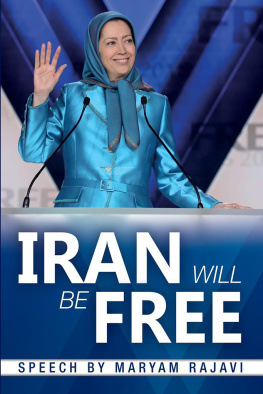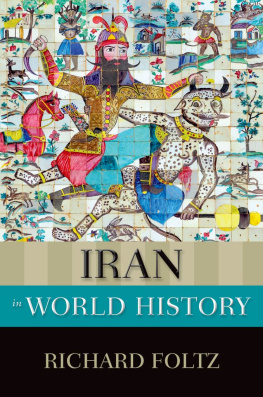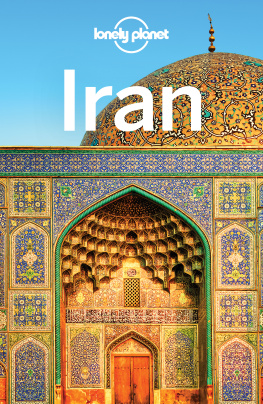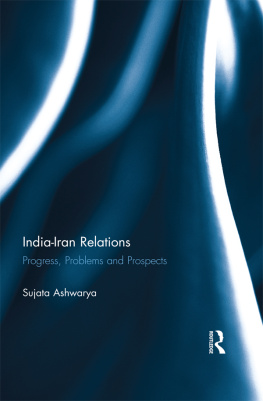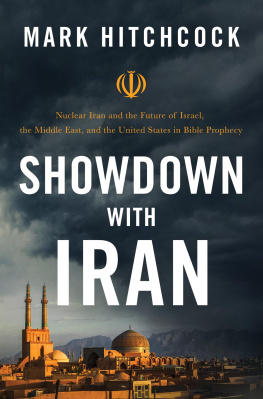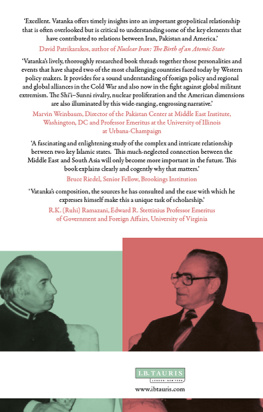First published in 1983
This edition first published in 2011
by Routledge
2 Park Square, Milton Park, Abingdon, Oxon, OX14 4RN
Simultaneously published in the USA and Canada
by Routledge
270 Madison Avenue, New York, NY 10016
Routledge is an imprint of the Taylor & Francis Group, an informa business
1983 R. Tapper
Printed and bound in Great Britain
All rights reserved. No part of this book may be reprinted or reproduced or
utilised in any form or by any electronic, mechanical, or other means, now
known or hereafter invented, including photocopying and recording, or in any
information storage or retrieval system, without permission in writing from the
publishers.
British Library Cataloguing in Publication Data
A catalogue record for this book is available from the British Library
ISBN 13: 978-0-415-57033-6 (Set)
eISBN 13: 978-0-203-83010-9 (Set)
ISBN 13: 978-0-415-61056-8 (Volume 32)
eISBN 13: 978-0-203-83208-0 (Volume 32)
Publishers Note
The publisher has gone to great lengths to ensure the quality of this reprint but
points out that some imperfections in the original copies may be apparent.
Disclaimer
The publisher has made every effort to trace copyright holders and would
welcome correspondence from those they have been unable to trace.
The Conflict
of Tribe and State
in Iran and Afghanistan
Edited by
RICHARD TAPPER
CROOM HELM
London & Canberra
ST. MARTINS PRESS
New York
1983 R. Tapper
Croom Helm Ltd, Provident House, Burrell Row,
Beckenham, Kent BR3 1 AT
British Library Cataloguing in Publication Data
The Conflict of tribe and state in Iran and
Afghanistan.
1. Iran History
2. Afghanistan History
I. Tapper, Richard
955DS295
ISBN 0709924402
All rights reserved. For information write:
St. Martins Press, Inc., 175 Fifth Avenue, New York, N.Y. 10010
First published in the United States of America in 1983
Library of Congress Cataloging in Publication Data
Main entry under title:
The Conflict of tribe and state in Iran and Afghanistan.
Based on papers from a conference held at the Scool
of Oriental and African Studies in London, July, 1979.
Includes bibliographical references and index.
1. Tribes and tribal system Iran Congresses.
2. Tribes and tribal system Afghanistan Congresses.
3. Iran Social life and customs Congresses. 4. Iran
Politics and government Congresses. 5. Afghanistan
Social life and customs Congresses. 6. Afghanistan
Politics and government Congresses. I. Tapper, Richard.
DS58.C661983305.80095583-3112
ISBN 0312162324 (St. Martins)
Printed in Great Britain
by Billing & Son Ltd, Worcester
LIST OF ABBREVIATIONS USED IN NOTES
AA American Anthropologist
AE American Ethnologist
Annales Annales: Economies, Socits, Civilisations
AQ Anthropological Quarterly
AUFS Reports American Universities Field Staff Reports (Hanover, NH)
BSOAS Bulletin of the School of Oriental and African Studies
EI Encyclopedia of Islam
FO Foreign Office Records, Public Record Office, London
IJMES International Journal of Middle East Studies
IOL India Office Library and Records, London
IS Iranian Studies
JRAI Journal of the Royal Anthropological Institute
JRCAS Journal of the Royal Central Asian Society
JRGS Journal of the Royal Geographical Society
LPS L/P&S, Political and Secret Department, India Office Records
MEJ Middle East Journal
MERIP Reports Middle East Research and Information Project Reports
MIDCC M. Bonine and N. Keddie (eds.), Modern Iran: The Dialectics of Continuity and Change (SUNY Press, Albany, 1981)
PPS Equipe Ecologie et Anthropologie des Socits Pastorales (eds.), Pastoral Production and Society (Maison des Sciences de lHomme, Paris/Cambridge University Press, 1979)
ZKORGO Zapiski Kavkazskago Otdela Imperatorskago Russkago Geograficheskago Obshchestva
PREFACE
In 1978 and 1979, revolutions in Afghanistan and Iran marked a shift in the balance of power in South West Asia and the world. Since then, indeed, events in both countries have regularly dominated the media. Shaken by Khumeynis overthrow of the Shah and the Soviet occupation of Afghanistan, the world has once more been made aware that tribalism is no anachronism in a struggle for political and cultural self-determination. In both countries there has been the sort of tribal resurgence that so often in the past accompanied political upheavals such as they are now experiencing.
The Shah of Iran, miscalculating the strength of opposition to the secularism, excesses and western orientation of his regime, fell, with a suddenness and completeness that confounded the predictions of almost all the experts, to a genuine popular revolution led by the remarkable Ayatullah Khumeyni. In Afghanistan, where a palace revolution in 1973 had replaced the 200-year-old Durrani monarchy with a Republic headed by the last Kings cousin, the government was unable or unwilling to put into effect its programme of reform, but here too the socialist military coup in March 1978 came sooner than expected by most experts, who also failed to predict the scale of the subsequent Soviet military intervention at the end of 1979.


